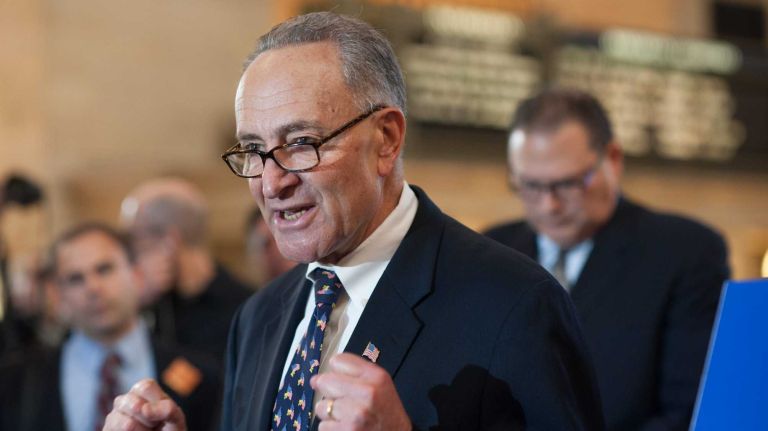
Commuting to work can be grueling and costly whether you’re using mass transit or your own car. Although the government can’t do much about the exasperation factor, a federal tax break does defray the cost.
Unfortunately, there’s a rub.
This commuter tax benefit happens to treat transit riders like stepchildren compared with the way it treats motorists. It shouldn’t be this way.
If your employer offers the plan, you can set aside up to $245 a month before taxes to pay fares for subways, buses, commuter rail service and van-pooling transportation — or to pay for parking.
That’s reasonable and equitable.
The problem: The tax break for parking is permanent while the one for mass transit isn’t. It has yo-yoed for years. Now unless Congress acts, the maximum pretax set-aside for transit will drop after Dec. 31 to $130 a month.
For those who use the New York City bus and subway system daily, this inequity would add hundreds of dollars a year in increased income-tax liability to commuting costs. Same for daily commuter-rail passengers.
Meanwhile, employers in the plan would have to pay payroll taxes on money that is currently tax-deferred.
Congress should make the transit tax break permanent.
That’s the goal of the Commuter Parity Act that Rep. Steve Israel (D-Long Island) is pushing in the House of Representatives. Sen. Charles Schumer (D-N.Y.) said in a news conference earlier this week that the Senate should extend the benefit for at least two years.
Either way, basic fairness demands parity — and so does common sense. Washington shouldn’t discourage the use of environmentally friendly subways, trains and buses.
The federal income tax code is littered with special-interest deductions and credits and loopholes. Congress should scrap almost all of them and lower tax rates across the board. That would make the tax code simpler and fairer. But as long as there is a commuter tax break, Congress shouldn’t play favorites about who gets what.


















